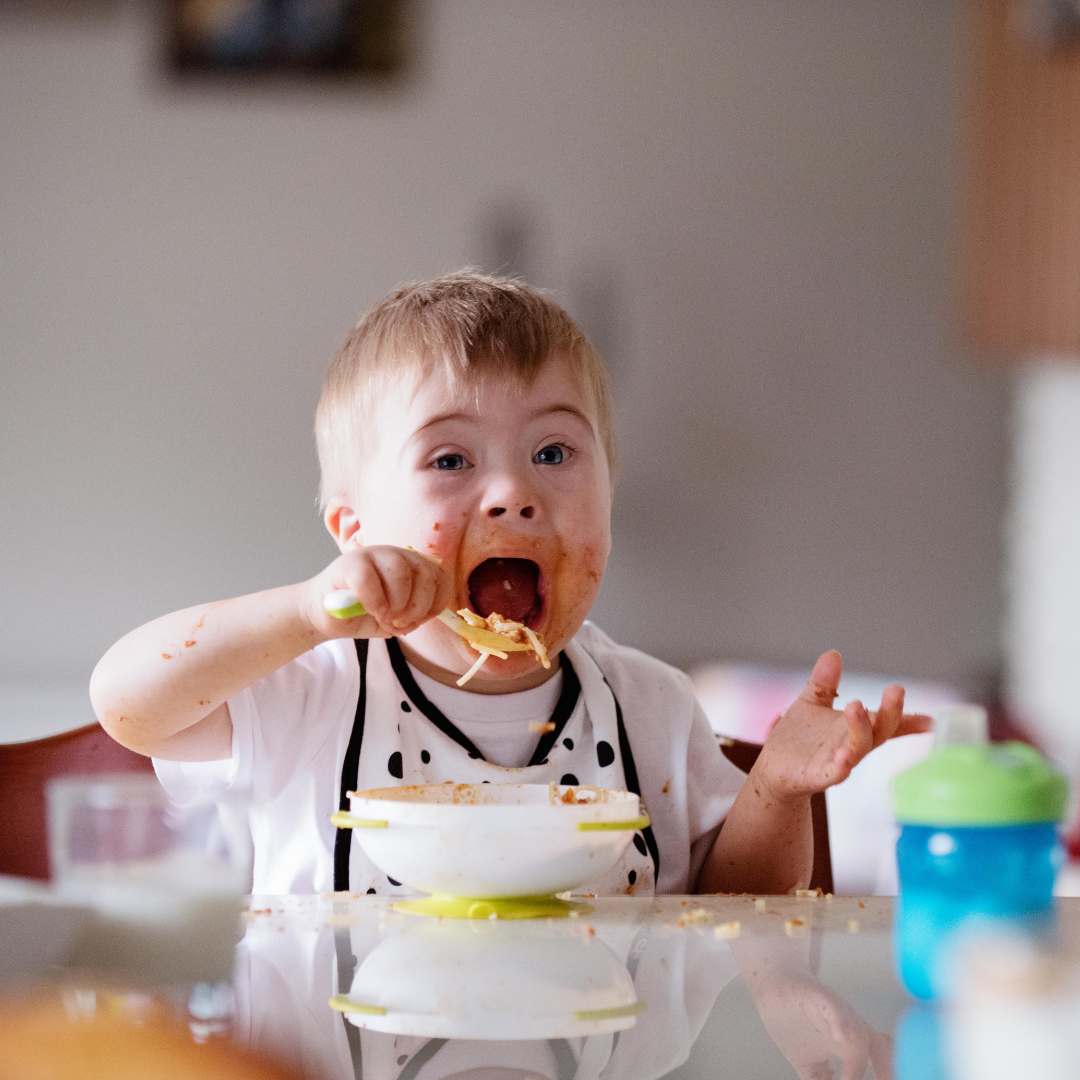
Adapted Baby-Led Weaning (Adapted BLW): An Overview
Can baby-led weaning work for all babies, including those born prematurely, with Down syndrome, or sensory aversions? Discover how the Adapted Baby-Led Weaning Approach™ by Jill Rabin makes BLW possible for every baby, no matter the diagnosis. Read this blog post to learn more about this groundbreaking approach and its benefits, as shared in the International Starting Solids Network training.

Can We Trust Babies to Feed Themselves?
Understanding a baby's internal motivation is key to fostering their self-feeding skills. Rather than relying on external pressures like rewards or punishments, allowing babies to explore food at their own pace helps them develop a healthy relationship with eating. Research shows that encouraging intrinsic motivation can improve a child's feeding confidence and reduce disordered eating later in life. By supporting their natural instincts and hunger cues, caregivers can help babies learn to enjoy a variety of foods, making mealtimes a positive experience for everyone.
![New Survey Results: Dietetics Students Need Starting Solids Training [Infographics]](https://images.squarespace-cdn.com/content/v1/60c3be567972f93c704a7293/1722626028365-QIVEDA3WJQ3S3TG5MECR/DSC_0047.JPG)
New Survey Results: Dietetics Students Need Starting Solids Training [Infographics]
I conducted my own study with dietetics students about Baby Led Weaning knowledge. Read on to find out the astounding results.
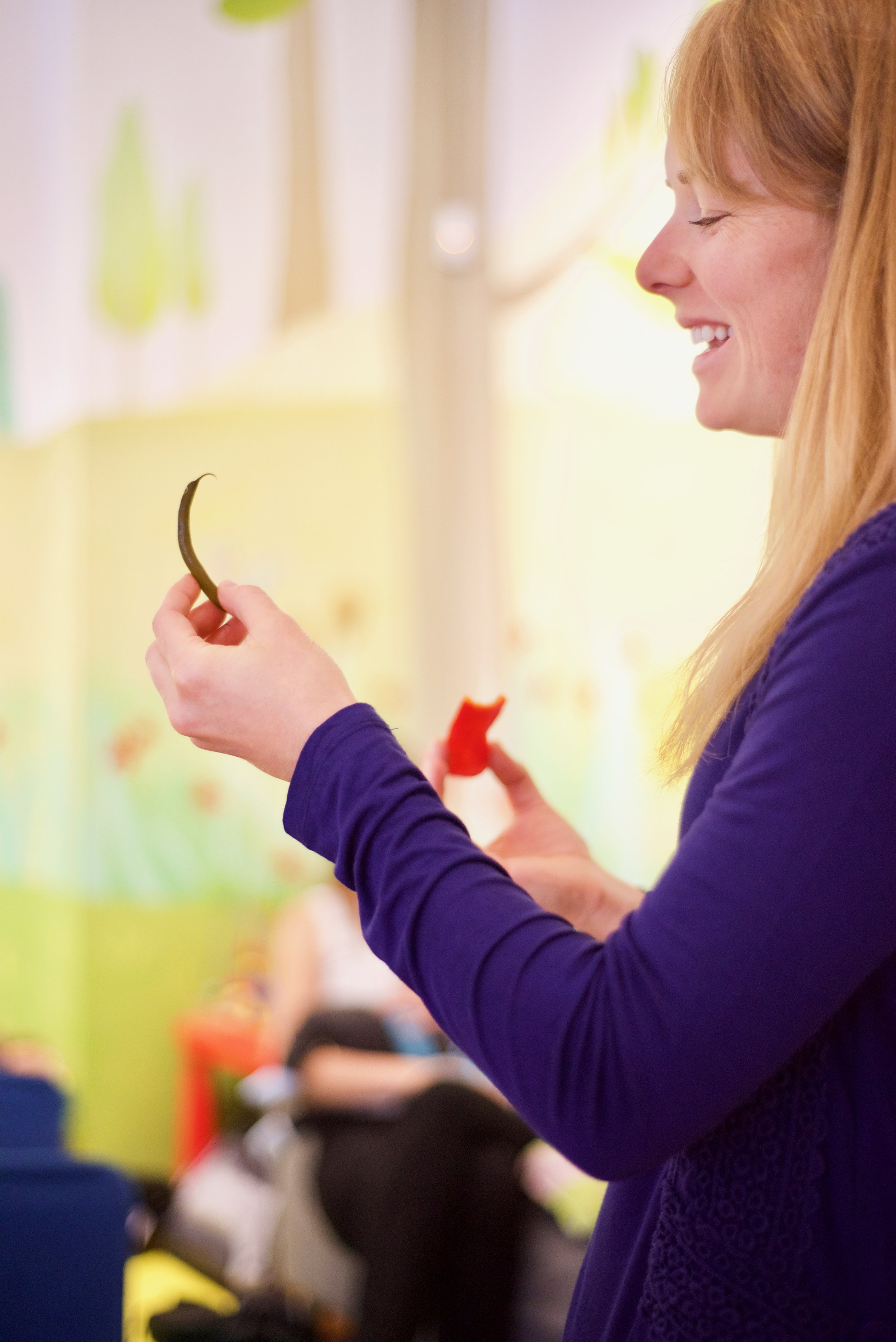

Controversy in Feeding Kids: The Division Of Responsibility is Considered the Gold Standard… But is it Really?
The Division of Responsibility (DOR) has always been considered the gold standard in the world of feeding kids, but is time for a shift in perspective? What are the criticisms? How is social media amplifying the issue? And how are we supposed to figure it all out?
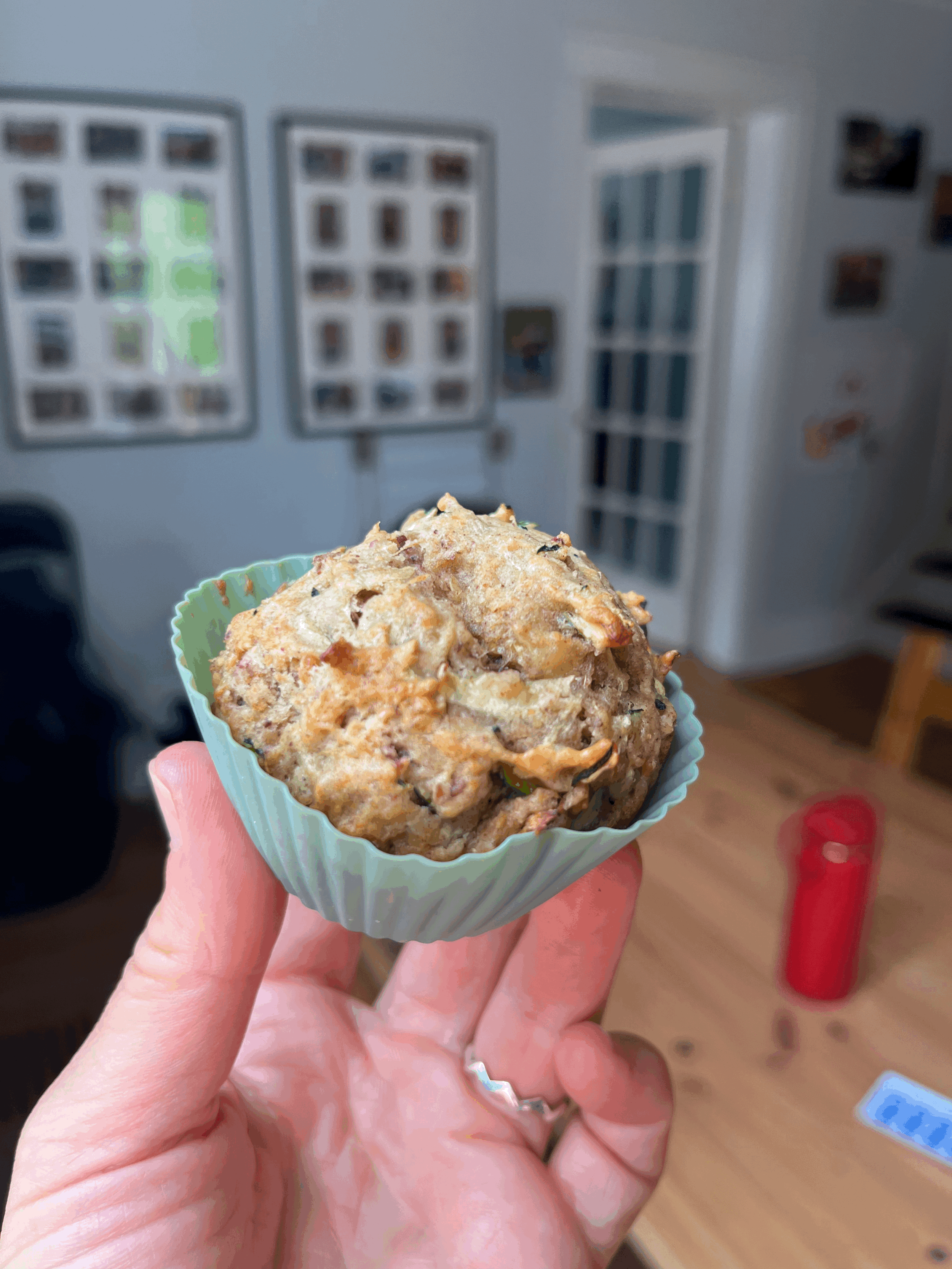

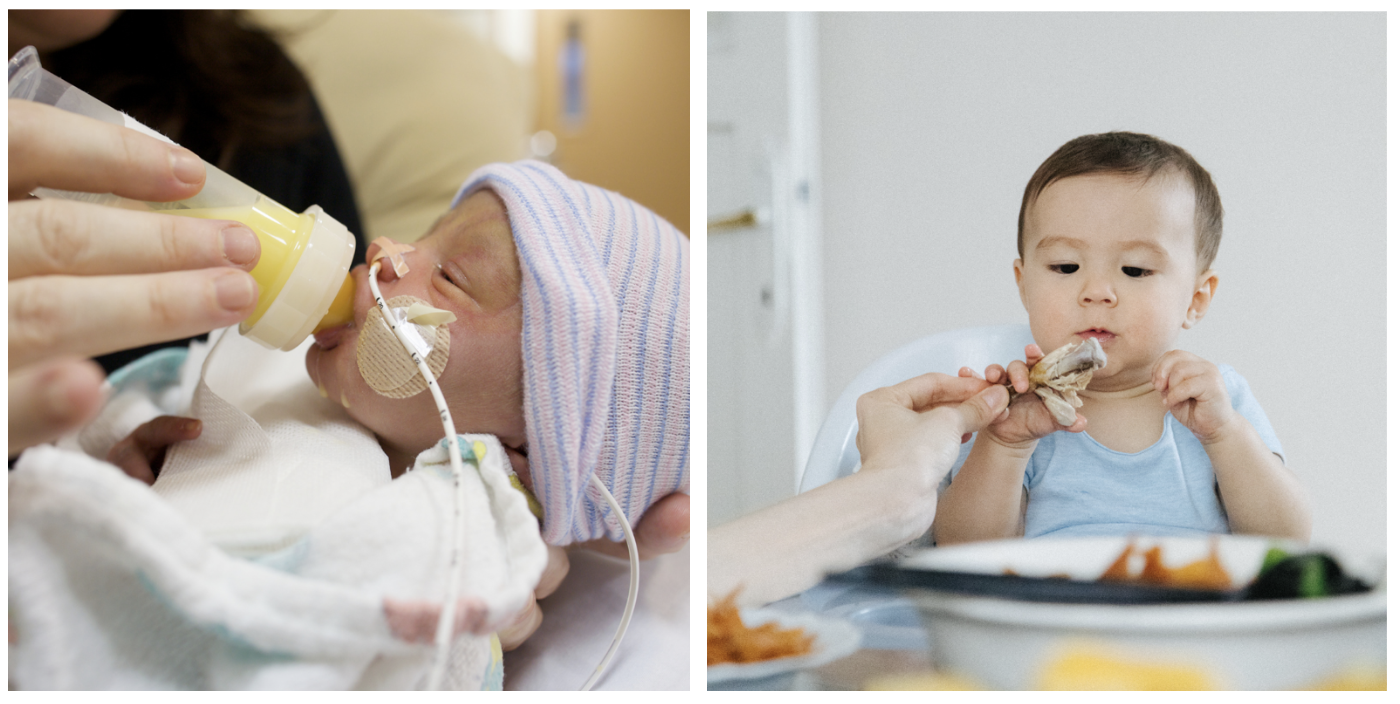

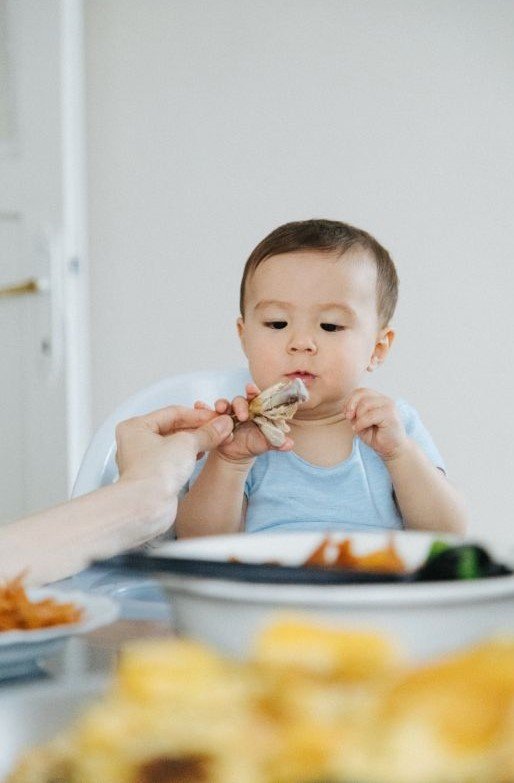
What is Adapted Baby Led Weaning (ABLW)?
All babies can self feed with Adapted Baby Led Weaning











